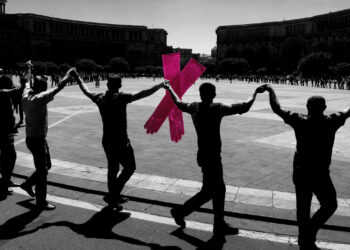What Armenia’s UN Votes Tell Us About Its Foreign Policy
Armenia has voted on a variety of conflicts and issues at the UN, including at the General Assembly and the Human Rights Council. An analysis of its voting patterns reveals some overlooked aspects of Armenia’s foreign policy and its evolution.











